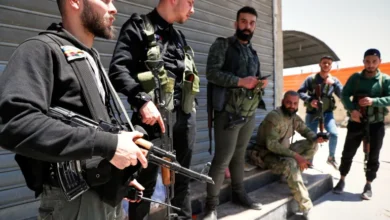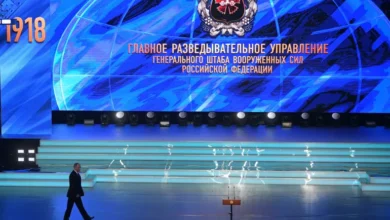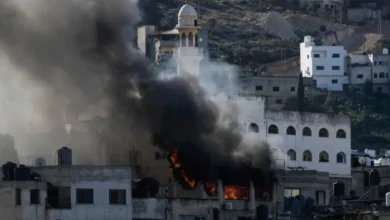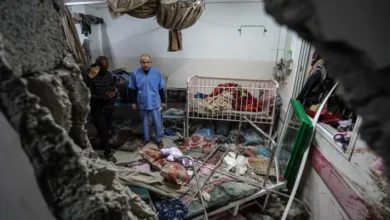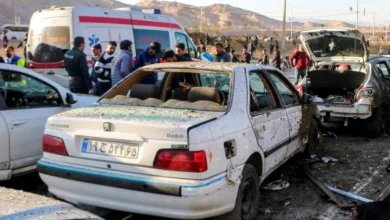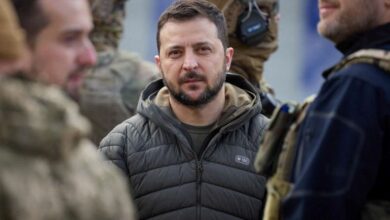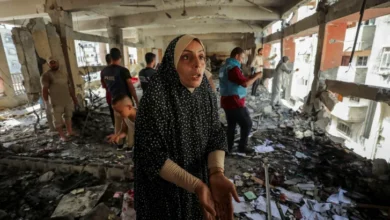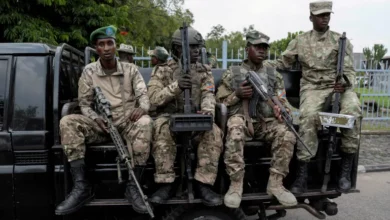In Gaza, Palestinians reclaim small moments of dignity amid the ceasefire
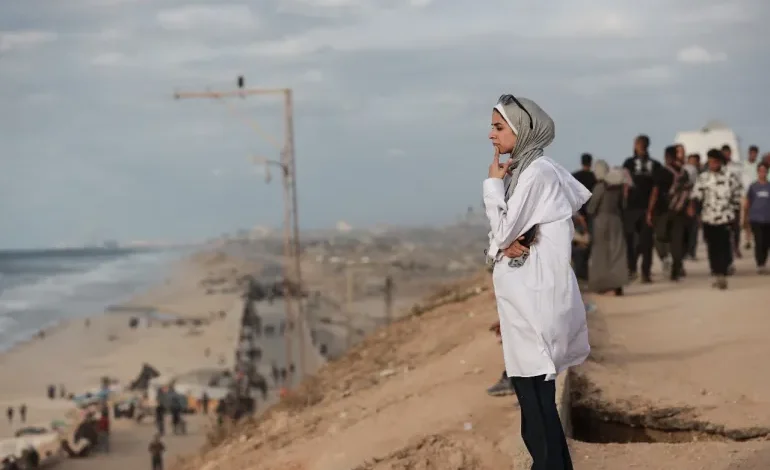
Late on October 8, 2025, while everyone else in the house was asleep, I lay awake scrolling through my phone and journalist chat groups for updates. There were conflicting accounts from the ceasefire talks — of progress, setbacks, hope and doubt.
As my phone battery dwindled, I finally drifted off to sleep, stirred occasionally by distant shelling that told me what my phone couldn’t.
When I awoke just before dawn on October 9, my wi-fi was dead. I rushed to the roof, searching for an eSIM signal. The sun was rising as updates loaded onto my phone, and there it was: “Announcement of a ceasefire agreement in Gaza — to take effect within hours.”
I looked at the houses and tents where everyone still slept, saddened that we were the last to know. Then joy hit me. “Wake up, the war is over,” I shouted.
“Swear it?” my husband said. It was around 6:45am, and he was only half awake. I showed him the headlines, and gradually, the rest of the house, including my father, sisters, and my brother and his family, awoke to the news. They had all been staying with me since being displaced from the north. Everyone was in disbelief, but my daughter Banias, nine, beamed.
“Really? Are you serious?” she asked, before she jumped with happiness, tears rolling down her cheeks.
When I awoke just before dawn on October 9, my wi-fi was dead. I rushed to the roof, searching for an eSIM signal. The sun was rising as updates loaded onto my phone, and there it was: “Announcement of a ceasefire agreement in Gaza — to take effect within hours.”
I looked at the houses and tents where everyone still slept, saddened that we were the last to know. Then joy hit me. “Wake up, the war is over,” I shouted.
“Swear it?” my husband said. It was around 6:45am, and he was only half awake. I showed him the headlines, and gradually, the rest of the house, including my father, sisters, and my brother and his family, awoke to the news. They had all been staying with me since being displaced from the north. Everyone was in disbelief, but my daughter Banias, nine, beamed.
“Really? Are you serious?” she asked, before she jumped with happiness, tears rolling down her cheeks.
Just a week earlier, she had lost all of her belongings when her family fled south from the Shati refugee camp in western Gaza City amid air raids. Her fiance’s family was also displaced. It was at that point that the couple decided to get married on October 9, with the families agreeing to hold a small, quiet ceremony to move forward with their lives.
But when I saw Islam on October 7, she was worried. She couldn’t find a dress. “The dresses are worn out … covered in dust and fading white,” she said.
Her sister-in-law, Manar, promised they’d find one, but Islam sighed, saying, “I don’t feel like a bride. I feel like I’m caught in a whirlpool.” When her fiance called that day to say he still hadn’t found a place to pitch their tent, she looked defeated.
Still, she wanted her small celebration. “That’s all I want,” Islam told me. “My wedding feels like a day of mourning, not happiness.”
But she had been wrong.
“The ceasefire came on your wedding day, my friend. What a rare blessing,” I thought.

